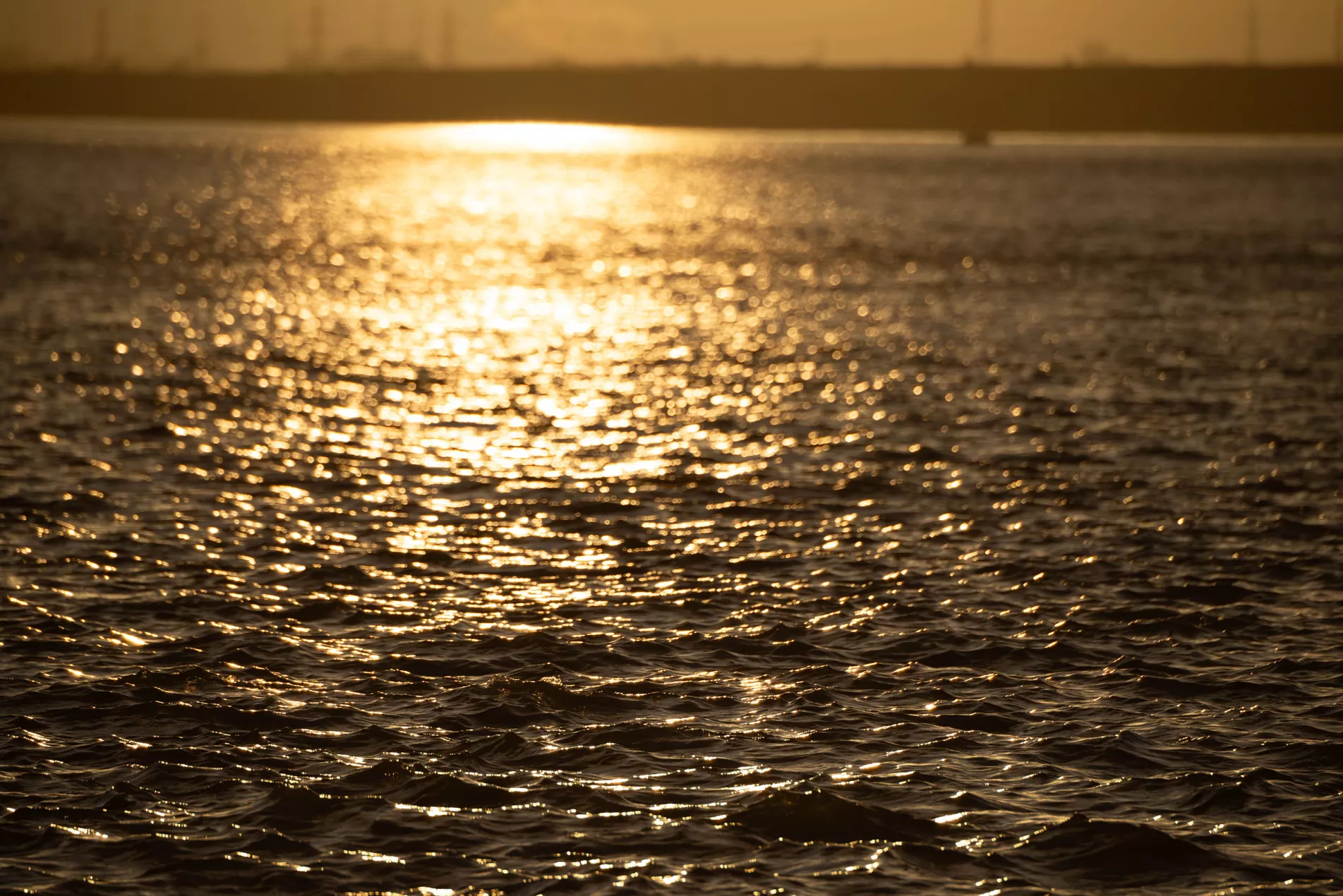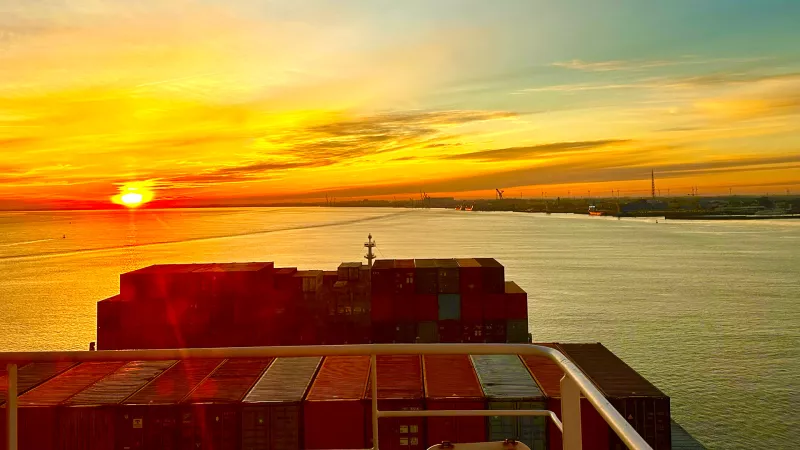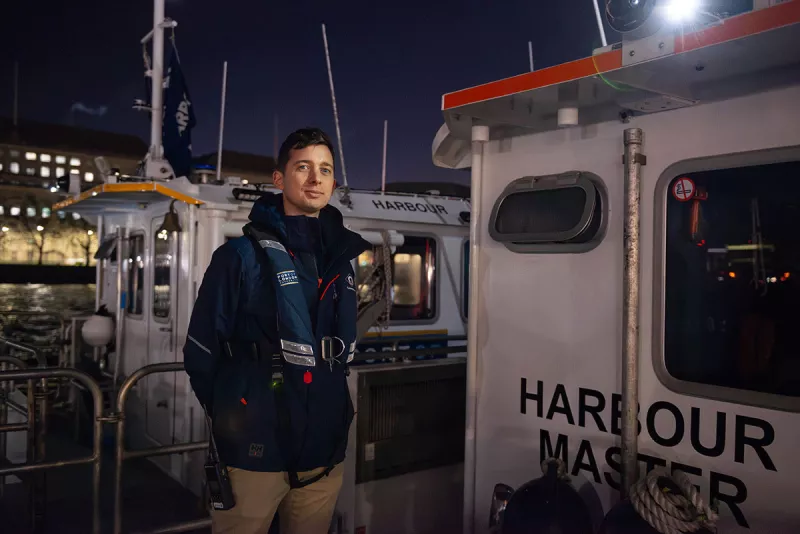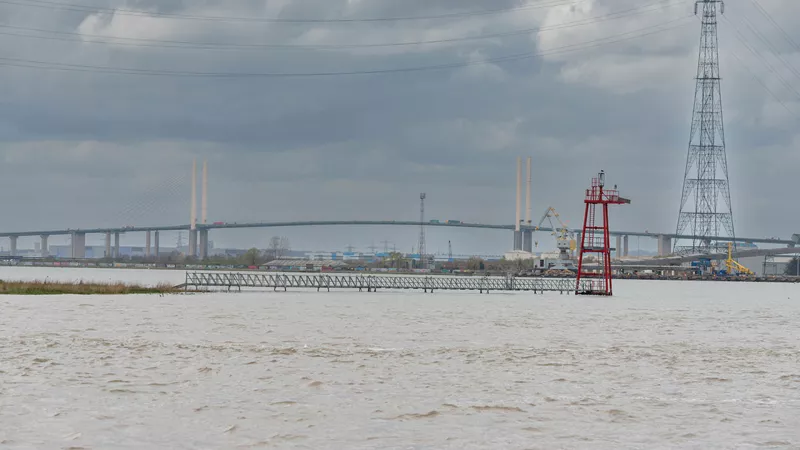Live Tides
NOTICES TO MARINERS
Charts & Surveys
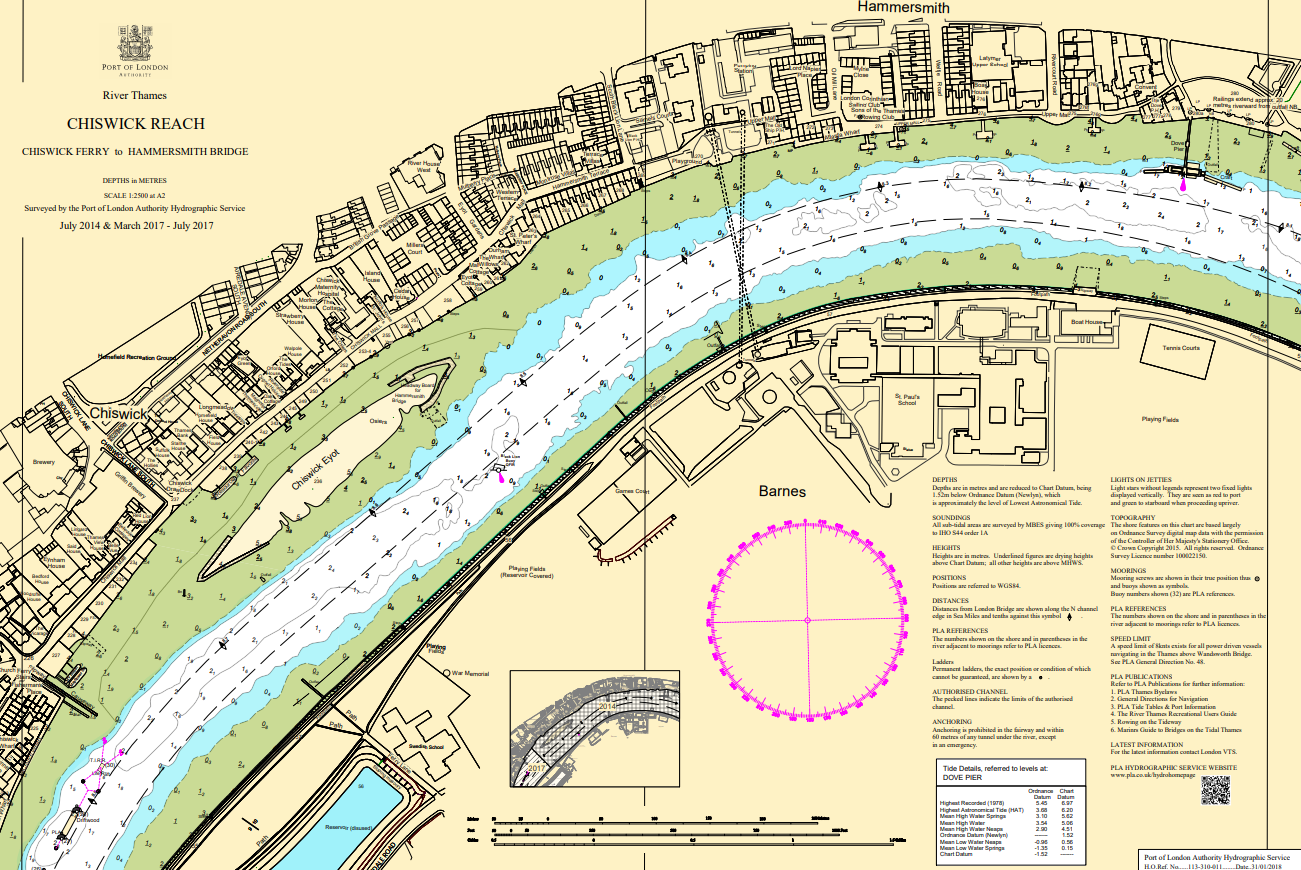
Incident reporting
Life-threatening emergencies on the river:
Call 999 and ask for the Coastguard
For near miss, safety observations and incident reporting click below
Carry on up the creek
Jill Goddard

Hit hard by the pandemic, Creekside Discovery Centre in Deptford was on the verge of closure – until its founder, former chief executive of the Thames Estuary Partnership, Jill Goddard, came to the rescue.
River inspiration
“I was born in Falconwood, near Eltham in south east London.
“My first memory of the Thames is crossing London Bridge on a bus with my mother, to see the Christmas lights. I still remember their glow reflected in the river.”
Creek history
“Deptford is the only Thames creek, where at low tide you can safely wade and explore, with the help of a guide.
“London’s first passenger railway crosses it and Bazalgette’s Greenwich Pumping Station is just next door. Trades and industries, from chemical works to tidal mills and slaughterhouses, have all used its banks.
“The creek’s waters, muddy banks and flood defence walls are home to shrimps, crabs, fish, birds and 300 species of wildflowers.
“A charitable trust was established in 1999 to look after this unique habitat.”
Community roots
“The idea for the Creekside Discovery Centre came from a local resident, back in 1995.
“At the time, I was working for Lewisham Council’s ecology team. I got the creek added into the two local authorities’ regeneration programme – the site is adjacent to the border with Greenwich.
“In those days, the creek was an eyesore, unloved and full of tidal mud and rubbish.
“The surrounding area was blighted by unemployment, running at 24 per cent.
“But I could see the potential. Both boroughs were keen to develop the potential of Creekside properties.
“Originally the plan was for a non-tidal canoeing facility. I dealt with the detailed environmental assessments that resulted. However, the plan proved too costly and would have a build-up of silt, impacting navigation.
“As an alternative, and to maintain the creek as a local resource, the centre was born.
“Getting it off the ground involved close liaison with the PLA, the Environment Agency and landowners.
“The first design was for a converted barge, but feedback from a local boatowner suggested this wasn’t ideal.
“A concerted fundraising push, supported by Dame Joan Ruddock, the local MP at the time, and many others, made the transition to a land-based centre possible.
“It was a massive effort by all involved to quadruple the amount of money available and make the centre a reality.
Highs and lows
“Our ‘Curry on up the Creek’ evenings, coinciding with summer low tides, will stay long in my memory; a creekside walk, followed by locally-cooked, Indian food, enjoyed watching the sun go down. They were happy days.
“Not forgetting the day we hosted the finale of a torchlit procession of zombies through the narrow local streets, with our beach and rowing boats providing a stunning, closing backdrop. The actors’ and singers’ Victorian costumes and dusty faces still haunt me!
"There were low points too, of course. As a charity, we are dependent on donations and our finances have been on a knife edge at times. In 2006, we only had £500 in the bank. Our conservationist, Nick Bertrand, had to conduct our outreach work on a shoestring. I helped out, running the finances when I’d clocked off my day job. It was full on. Somehow, we hung on.”
Pandemic paralysis
“Then COVID-19 came along. It hit us pretty hard. Paying visitors ceased in mid- March 2020. Our income stopped overnight.
“Lockdown meant all seven members of staff had to be furloughed or made redundant. It was heart breaking.
Road to recovery
“We’re hoping to spring back.
“Since last June, I have been back running the centre day-to-day, on a voluntary basis, with the support of our committed trustees.
“Our popular low-tide walks resume again in June, along with school visits. We can now offer venue hire again too, as well as provide natural habitat land management support to the professional building sector
“In a great team effort, we have just about managed to keep things ticking over. But we need help. Maintenance and running costs have eaten up most of our cash reserves. We desperately need more donations.
“We are extremely grateful for the emergency support we have received from Clifford Chance, Thames Water, Tideway and Lewisham Council. Their donations have literally kept us afloat.
“An injection of cash from Pulse Films, who used us as a location for an Ikea promotion, has really helped too.
“My sincere thanks go to all our sponsors. We’ve achieved so much together.”
Future priorities
“As a charity in a changed world, we don’t underestimate the challenges ahead.
“We particularly want to get better at communicating our cause.
“We are for people and wildlife. The centre is a special and unique urban haven for wildlife and people, from across London.
“It is critical that we look at new ways of promoting what we do.
“The more money we raise, the more staff we can recruit in long-term roles.
“We are looking forward to resuming our work, enabling people of all ages to enjoy the creek and its wildlife, right in the heart of urban London.
“It’s very special to see people growing to appreciate and understand nature in the raw, making its own decisions.
“Being local and accessible is important to us.
“We are a great alternative to a trip to the seaside.
“Many Londoners know very little about the importance of the Thames to London.
“The centre is a chance to change that.”
Safety first
“Safety is paramount for everyone at the centre.
“The tide is fast-moving and the foreshore mud is deep. Both can catch people out, sometimes with serious consequences. Understanding that fosters a new-found respect for the river.
“It is why we are developing a new training programme, Creek Know How, which will launch on our website soon.”
Opportunities to help out
“I’d love to hear from people who want to train as a guide for low-tide walks, or help with our schools programme.
“Of course, money matters too. A regular monthly donation of just £3 would make the world of difference, for example helping us purchase vital equipment, like waders to keep your visitors’ feet dry!”
Top tips
“I have many favourite places on the Thames, but high among them are Erith Marshes and Gravesend, where the river really widens out. I have a particular fascination for the working river.
Quick fire
- Perfect weekend? A coastal walk, plus comfortable pub accommodation, good local food and good company - accompanied by red wine, or G&T!
- First record ever bought? Elvis Presley’s Blue Suede Shoes.
- Pet hates? People who don't care and who don't listen!
If you would like to help Jill get the centre back on its feet, please contact her via [email protected] or visit their website.
National Volunteers’ Week runs from 1 – 7 June this year.
Related content
Discover
